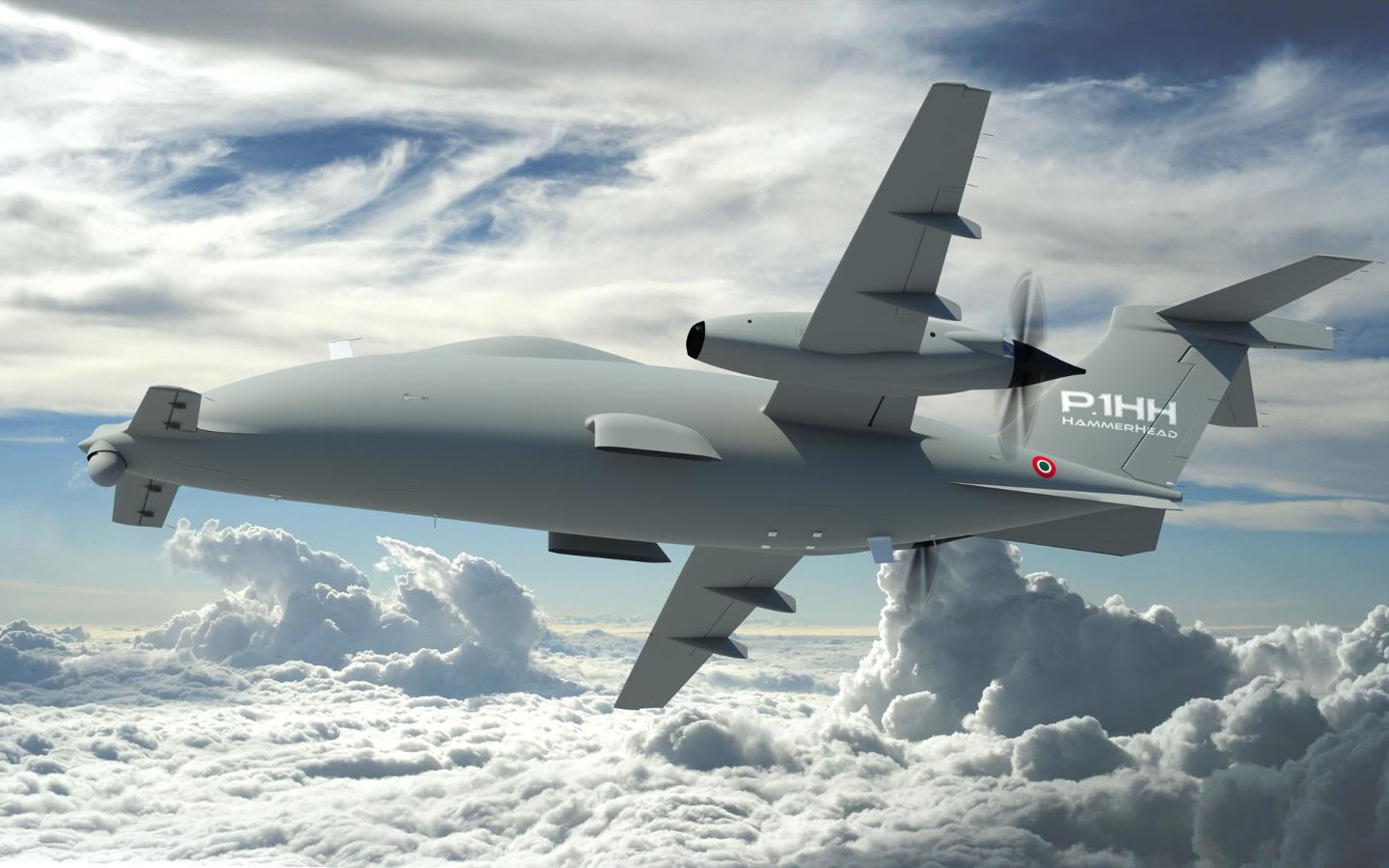SOURCE: AFI

The Indian armed forces are intensifying their efforts to cultivate a domestic supply of long-range unmanned aerial vehicles (UAVs), particularly focusing on Medium Altitude Long Endurance (MALE) drones. This initiative comes as part of a broader strategy to reduce reliance on foreign imports, specifically from Israel, where India has historically sourced a significant portion of its UAV technology.
After successfully incorporating locally developed loitering munitions into its arsenal, the Indian military is now looking to expand its capabilities with MALE drones. These drones are essential for extended surveillance and combat operations, offering the ability to fly at medium altitudes for prolonged periods, ideal for monitoring border areas and conducting strategic operations.
Despite past challenges where government research institutions like the Defence Research and Development Organisation (DRDO) have not fully met expectations, there’s renewed optimism. The current approach involves leveraging the Indigenously Designed, Developed, and Manufactured (IDDM) procurement pathway, which insists on complete domestic production to foster self-reliance in defense technology.
The requirement for these drones spans across the Army, Air Force, and Navy, with each branch recognizing the strategic advantage of having indigenous MALE UAVs. Although the military’s total need might run into hundreds of units, the initial phase of procurement will be more measured, focusing on establishing a reliable local production line before scaling up.
This procurement is not just about numbers; it’s about creating a sustainable ecosystem for drone technology in India. The coordination among the three services ensures that the drones meet diverse operational needs, from maritime surveillance by the Navy to high-altitude reconnaissance by the Air Force.
At least one organization has stepped forward with a comprehensive proposal for the development of these MALE drones. This move is indicative of growing confidence in India’s private and public sector capabilities. Economic Explosives Limited (EEL), based in Nagpur, has notably proposed to take on the challenge under the IDDM category. EEL has already established significant infrastructure, including India’s largest private drone testing facility, which underscores their readiness to lead in this domain.
The development and deployment of indigenous long-range drones could mark a significant shift in India’s defense strategy, enhancing its operational flexibility, reducing dependency on foreign suppliers, and potentially opening avenues for export. This initiative aligns with India’s vision of self-reliance (Atmanirbhar Bharat) in defense, aiming to not only secure national interests but also to position India as a player in the global defense market.